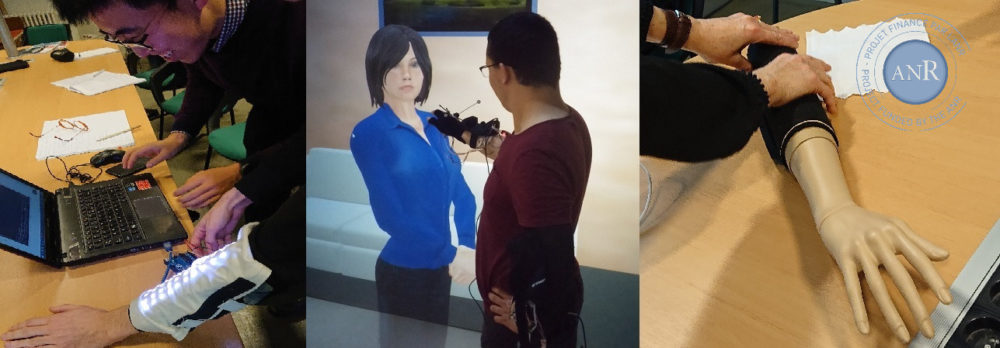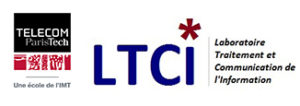
The DIVA group (Visualization & Advanced Interfaces) of LTCI (Laboratoire de Traitement et Communication de l’Information de Télécom ParisTech) is devoted to fundamental and applied research on Human-Computer Interaction. Its main contributions take place in the following domains:
- Novel interaction techniques, devices and principles, with an emphasis on the leveraging of input dimensions that have been overlooked so far.
- Mobile interaction and wearable computing, tangible interfaces, tactile feedback, augmented reality.
- Interactive software, data visualization, interactive behavior modeling.
https://diva.telecom-paristech.fr/
![]()
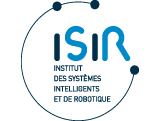
The research of the INTERACTION team at ISIR (Institute for Intelligent Systems and Robotics) focuses on multimodal integration, human-computer interaction, Human-Machine Interaction and social signal. It studies devices, methods and analysis for recognition, interpretation and prediction of signals and socio-emotional behaviors during development throughout the life. ISIR is a multidisciplinary research laboratory that brings together researchers and academics from different disciplines of Engineering Sciences and Information and the Life Sciences. ISIR is a joint research laboratory (UMR7222) which belongs to the Université Pierre et Marie Curie (UPMC) and the CNRS.
http://www.isir.upmc.fr/index.php?op=view_equipe&id=2&lang=fr
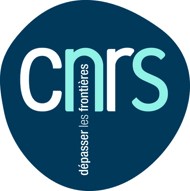

![]()
The department SES of I3-CNRS (UMR 9217) carries out research in economics, management, communication, design, sociology and cognitive Ergonomics. The department develops numerous research programmes that aim to integrate socio-economic stakes into the design of new technologies or services, and to study the transformations of professional and everyday activities resulting from new uses of information technologies. Research in Psychology and Ergonomics is focused on human-mediated interaction, with a specific interest on the socio-affective dimension of communication and are based on qualitative/quantitative analyses of the interaction.
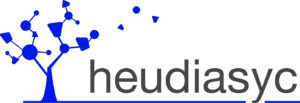
![]()
![]()
The SYRI group (Systemes Rob otiques en Interaction) of UMR CNRS 7253 Heudiasyc is focused on informed virtual environments. Gestural interaction in virtual environments has been developed through different approaches taking into account knowledge representation, machine learning, and virtual reality models. The scientific contributions of Heudiasyc are mainly:
- Adaptive feedback in virtual environments based on the Enaction theory,
- Decision modeling for informed interaction.
https://www.hds.utc.fr/heudiasyc/recherche/
